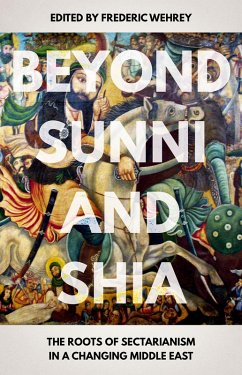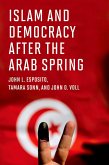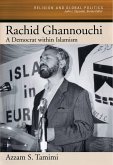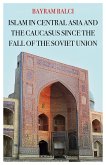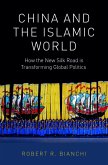This collection seeks to advance our understanding of intra-Islamic identity conflict during a period of upheaval in the Middle East. Instead of treating distinctions between and within Sunni and Shia Islam as primordial and immutable, it examines how political economy, geopolitics, domestic governance, social media, non- and sub-state groups, and clerical elites have affected the transformation and diffusion of sectarian identities. Particular attention is paid to how conflicts over distribution of political and economic power have taken on a sectarian quality, and how a variety of actors have instrumentalized sectarianism. The volume, covering Syria, Iraq, Lebanon, Saudi Arabia and the Gulf, Iran, and Egypt, includes contributors from a broad array of disciplines including political science, history, sociology, and Islamic studies. Beyond Sunni and Shia draws on extensive fieldwork and primary sources to offer insights that are empirically rich and theoretically grounded, but also accessible for policy audiences and the informed public.
Dieser Download kann aus rechtlichen Gründen nur mit Rechnungsadresse in A, B, BG, CY, CZ, D, DK, EW, E, FIN, F, GR, HR, H, IRL, I, LT, L, LR, M, NL, PL, P, R, S, SLO, SK ausgeliefert werden.

